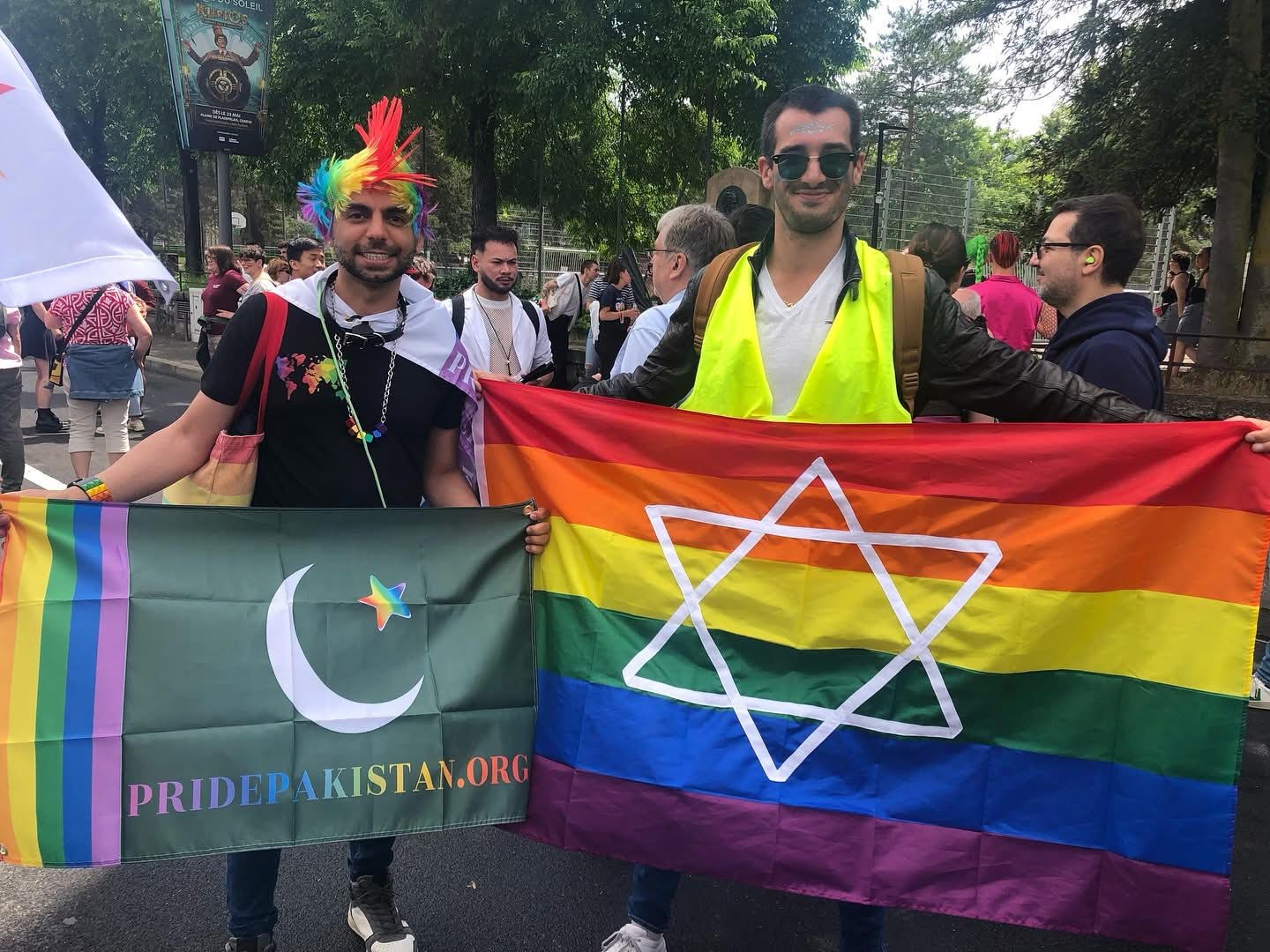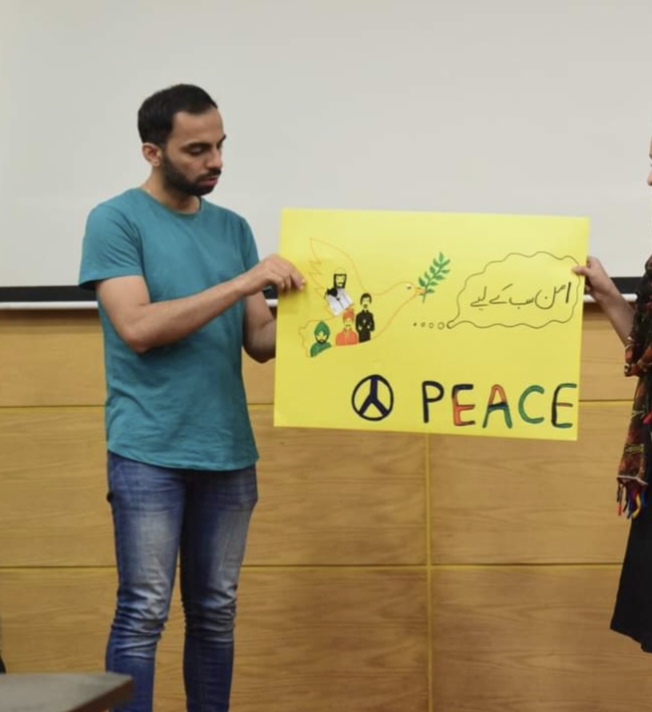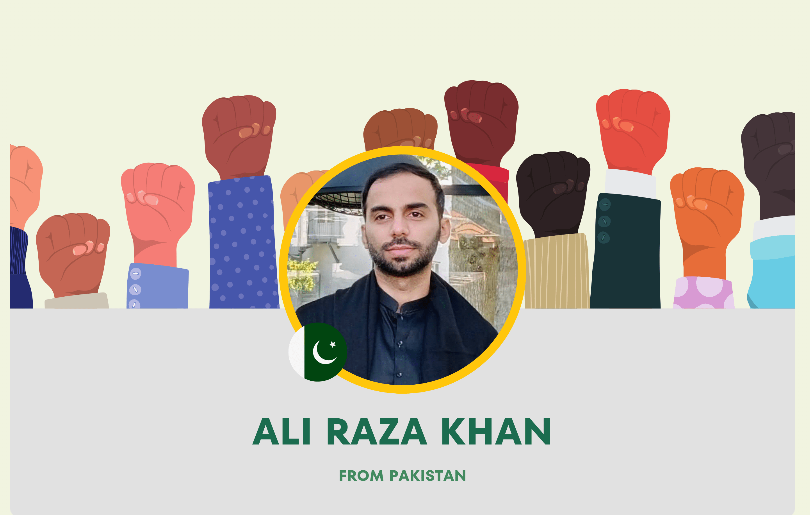Tag: Interfaith Dialogue on Violent Extremism (iDove)
-

Building Bridges from the Ground Up: Joining the Global Muslim-Jewish Youth Unity Project
I am thrilled to announce my involvement as a team member in a truly groundbreaking initiative: the GLOBAL MUSLIM-JEWISH YOUTH UNITY PROJECT. This project, which officially launched on October 7, 2025, is not just another non-profit; it is a declaration of courage and a testament to the power of people over politics. The Impossible Has…
-

De la discrimination au dialogue : le parcours d’un bâtisseur de paix au Pakistan
Ali Raza Khan, bâtisseur de paix engagé originaire de Multan, au Pakistan, œuvre depuis 2015 pour lutter contre la violence sectaire et la discrimination qui touchent son pays depuis des décennies. Issu de la communauté musulmane chiite, Ali a transformé ses expériences personnelles en une force motrice pour le changement, formant des milliers de jeunes…
-

امتیاز سے مکالمے تک: پاکستان میں ایک امن ساز کا سفر
امتیاز سے مکالمے تک: پاکستان میں ایک امن ساز کا سفر علی رضا خان، جو کہ ملتان، پاکستان سے تعلق رکھنے والے ایک پرعزم امن ساز ہیں، ۲۰۱۵ سے فرقہ وارانہ تشدد اور امتیازی سلوک کے خلاف کام کر رہے ہیں، جو کئی دہائیوں سے ان کے ملک کو متاثر کر رہا ہے۔ شیعہ مسلم…
-

Ali Raza Khan Selected for Prestigious PVE, Youth & Interfaith Research Capacity Building Project
I was thrilled to share some exciting news I was selected as a participant in the “Preventing Violent Extremism (PVE), Youth & Interfaith: Research Capacity Building Project.” This initiative, jointly organized by the Joint Learning Initiative on Faith & Local Communities (JLI) and Interfaith Dialogue on Violent Extremism (iDove), aimed at empowering young researchers from…
